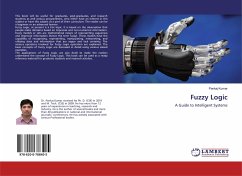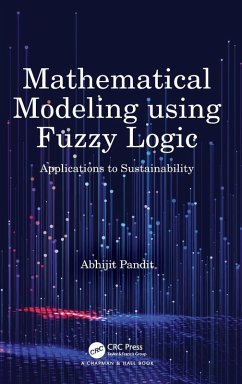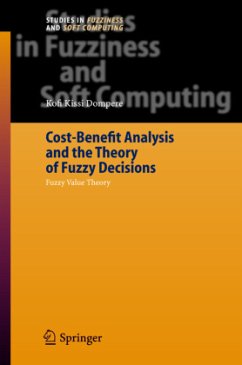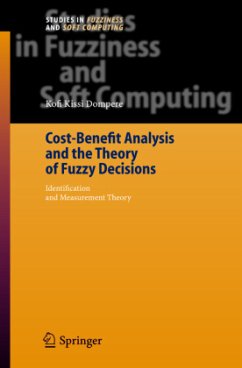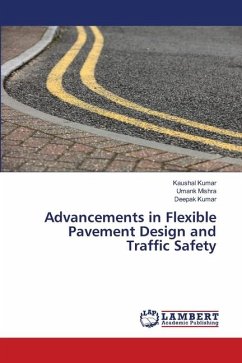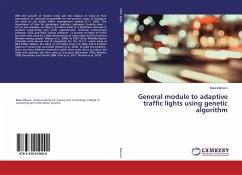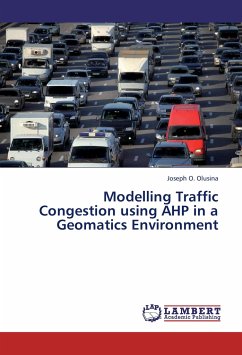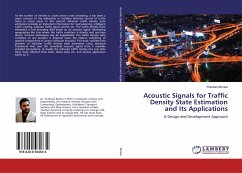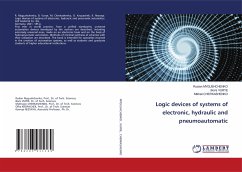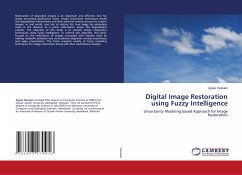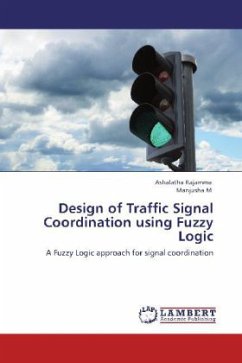
Design of Traffic Signal Coordination using Fuzzy Logic
A Fuzzy Logic approach for signal coordination
Versandkostenfrei!
Versandfertig in 6-10 Tagen
32,99 €
inkl. MwSt.

PAYBACK Punkte
16 °P sammeln!
Coordinated traffic signals regulate traffic flow through urban areas and minimize delay and maximize traffic flow. In this study an attempt is made to design coordinated traffic signal using the concept of fuzzy logic. Fuzzy logic is very effective in incorporating those parameters which have an inherent fuzziness in them like the user perception. Coordinated signal is designed using fuzzy logic by formulating fuzzy rules relating the qualitative parameter (Quality of progression) and other important quantitative parameters like average stream speed, V/C ratio and average control delay .Measu...
Coordinated traffic signals regulate traffic flow through urban areas and minimize delay and maximize traffic flow. In this study an attempt is made to design coordinated traffic signal using the concept of fuzzy logic. Fuzzy logic is very effective in incorporating those parameters which have an inherent fuzziness in them like the user perception. Coordinated signal is designed using fuzzy logic by formulating fuzzy rules relating the qualitative parameter (Quality of progression) and other important quantitative parameters like average stream speed, V/C ratio and average control delay .Measures of effectiveness like average control delay per vehicle per cycle length, band width and efficiency are used to determine the efficiency of signal coordination. It was found that design using Fuzzy logic concept is more efficient and can also account for the dynamic traffic flow conditions.



